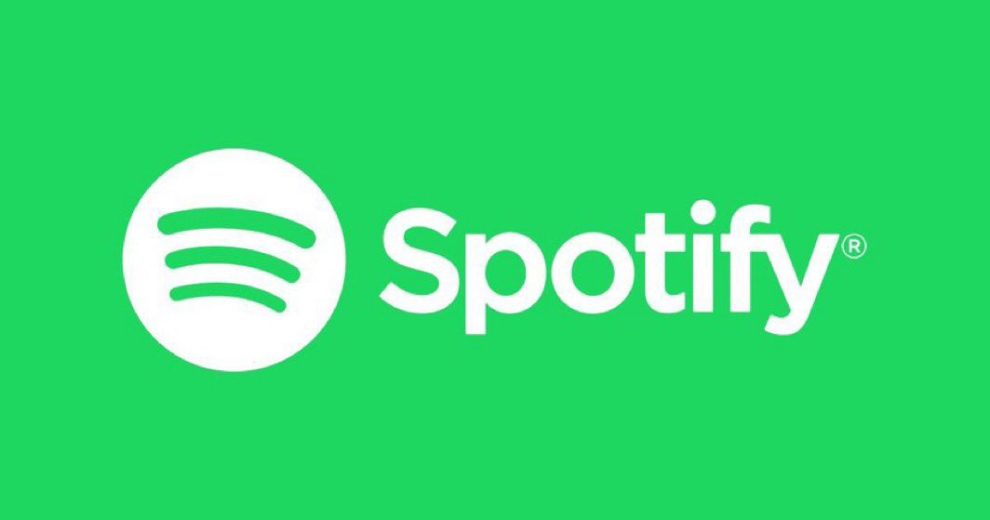The Evolution of Spotify’s Subscription Model
To understand the significance of this new offering, let’s briefly recap Spotify’s recent pricing changes:
- In early June 2024, Spotify increased the price of its individual Premium plan from $10.99 to $11.99 per month.
- The company cited the addition of audiobooks as a key factor in this price adjustment.
- This move faced some backlash from users who felt they were paying more for features they didn’t necessarily want or use.
Enter the new Basic plan, priced at $10.99 – the previous rate for the individual Premium subscription. This new tier seems to be Spotify’s response to user feedback and a changing competitive landscape.
Breaking Down the Basic Plan: What’s Included (and What’s Not)
The Basic Premium plan offers core music streaming features that many users prioritize:
- Ad-free listening experience
- On-demand playback of songs
- Unlimited skips
- Ability to download music for offline listening
However, there are some notable exclusions:
- Audiobooks are not included in the Basic plan
- Higher-quality audio streaming (320kbps) may be reserved for the standard Premium plan
- Access to exclusive podcasts and artist content bundles might be limited
It’s worth noting that Spotify hasn’t yet released full details of the Basic plan’s limitations, so some features remain uncertain.
The Strategy Behind Spotify’s Move
Spotify’s introduction of the Basic plan appears to be driven by several strategic considerations:
1. Addressing User Preferences
By offering a music-focused plan without audiobooks, Spotify caters to users who primarily use the platform for music streaming and don’t want to pay extra for additional features.
2. Competitive Pricing
The $10.99 price point for the Basic plan aligns Spotify’s base music subscription with competitors like Apple Music, potentially making it a more attractive option for cost-conscious consumers.
3. User Retention and Acquisition
This tiered approach may help Spotify retain users who were considering switching to competitors due to the recent price increase, while also attracting new subscribers looking for a more affordable option.
4. Flexible Subscription Model
By offering more choices, Spotify moves towards a more customizable experience, allowing users to pay for the features they value most.
The Broader Impact on the Streaming Industry
Spotify’s new Basic plan could have far-reaching implications for the music streaming market:
Shift Towards À La Carte Options
This move may encourage other streaming services to offer more granular subscription options, allowing users to pick and choose specific features.
Renewed Focus on Core Music Experience
As streaming services expand into podcasts, audiobooks, and other content, Spotify’s Basic plan reaffirms the importance of a solid, music-centric offering.
Pricing Pressure on Competitors
Other streaming platforms may need to reassess their pricing strategies to remain competitive in light of Spotify’s new tier.
User Perspectives: Weighing the Pros and Cons
The introduction of the Basic plan presents both advantages and potential drawbacks for users:
Pros:
- More affordable option for music-focused listeners
- Ability to avoid paying for unwanted features
- Retains core music streaming functionality
Cons:
- Loss of access to audiobooks and potentially other premium features
- Possible limitations on audio quality or exclusive content
- May require users to juggle multiple subscriptions for a full range of features
The Competitive Landscape: How Does Spotify Stack Up?
Spotify’s new Basic plan directly impacts its position relative to key competitors:
Spotify vs. Apple Music
With the Basic plan matching Apple Music’s individual subscription price, Spotify aims to level the playing field in terms of cost for music-centric users.
Other Competitors
Services like Amazon Music Unlimited and YouTube Music offer their own unique features and pricing structures. Spotify’s move may prompt these platforms to reconsider their offerings to stay competitive.
The Future of Music Streaming: Personalization vs. All-Inclusive Bundles
Spotify’s Basic plan raises intriguing questions about the future direction of music streaming services:
Trend Towards Customization
Will we see a continued shift towards more personalized, à la carte subscription options across the industry?
Value of Bundled Services
How will all-inclusive plans with a wide range of features compete against more focused, streamlined offerings?
User Preferences
Will consumers prefer the simplicity of a single, comprehensive plan, or the flexibility to customize their subscriptions?
What This Means for Music Lovers
Ultimately, Spotify’s introduction of the Basic plan represents a win for consumer choice in the music streaming market. Users now have more control over their subscription features and costs, allowing them to tailor their experience to their specific needs and preferences.
However, this increased flexibility may also require users to be more discerning about their streaming choices. Evaluating the trade-offs between different plans and potentially managing multiple subscriptions could become a new norm for avid music and audio content consumers.
Looking Ahead: The Evolving Streaming Landscape
As the dust settles on Spotify’s latest move, several key questions remain:
- How will other streaming services respond to Spotify’s tiered approach?
- Will we see further fragmentation of features across different subscription levels?
- How will this impact the way artists and content creators distribute and monetize their work on streaming platforms?
While the answers to these questions will unfold over time, one thing is clear: the music streaming industry is entering a new era of customization and user choice. For now, music lovers can enjoy a more tailored approach to accessing their favorite tunes, with the potential for even more innovations on the horizon.
As the streaming wars continue to evolve, staying informed about the latest offerings and changes will be crucial for consumers looking to get the most value from their music streaming experience. Whether you’re a casual listener or a die-hard audiophile, the future of music streaming looks to be more diverse and user-centric than ever before.
















Add Comment